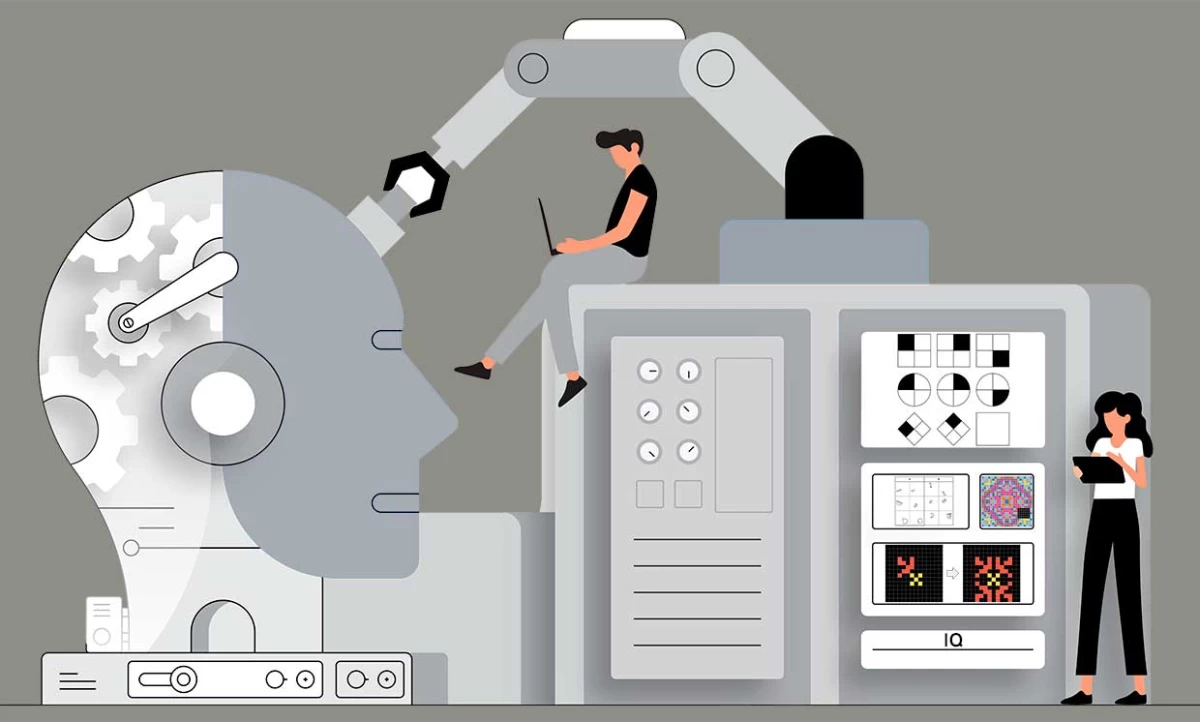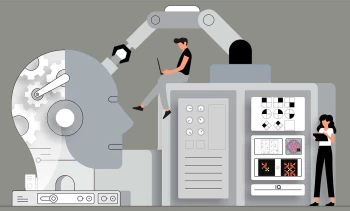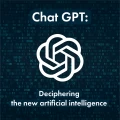The concept of intelligence and its measurement has been a topic of debate for decades. IQ tests have been the standard method of measuring intelligence for many years, but they have been criticized for their limitations and potential biases. As technology and neuroscience continue to advance, the way we measure intelligence is likely to change. In this article, we will explore the future of IQ testing and its potential implications for society.
One potential development in IQ testing is the use of computer-based tests. These tests could be tailored to an individual's specific strengths and weaknesses and could provide more detailed information about a person's cognitive abilities. They could also be administered remotely, making them more accessible and convenient for individuals in different locations. However, there are concerns about the potential for cheating and the need for secure testing environments.
Another area of development is the use of brain imaging techniques to measure intelligence. Functional magnetic resonance imaging (fMRI) and electroencephalography (EEG) are two examples of brain imaging techniques that have been used in research to study the neural basis of intelligence. While these techniques show promise for providing more detailed information about brain function, there are still many challenges to overcome, such as standardizing the protocols for administering and interpreting the tests.
In addition to technological advances, there is also growing interest in developing new measures of intelligence that go beyond traditional cognitive abilities. Emotional intelligence, for example, refers to the ability to recognize, understand, and regulate one's own emotions and the emotions of others. This type of intelligence may be just as important for success in some professions as traditional cognitive abilities, and new measures are being developed to assess it.
However, as with any new development in IQ testing, there are potential downsides and concerns to consider. One concern is the potential for misuse of new testing methods, particularly if they are used in contexts such as hiring or admissions decisions. Another concern is that new measures of intelligence may perpetuate existing biases and inequalities, particularly if they are not developed with a diverse range of individuals in mind.
In conclusion, the future of IQ testing is likely to involve a combination of technological advances and new measures of intelligence that go beyond traditional cognitive abilities. While these developments hold promise for providing more detailed and accurate information about a person's cognitive abilities, they also raise important ethical and practical concerns that must be carefully considered. By working to develop new measures of intelligence that are fair and inclusive, we can ensure that advances in IQ testing benefit everyone in society.







